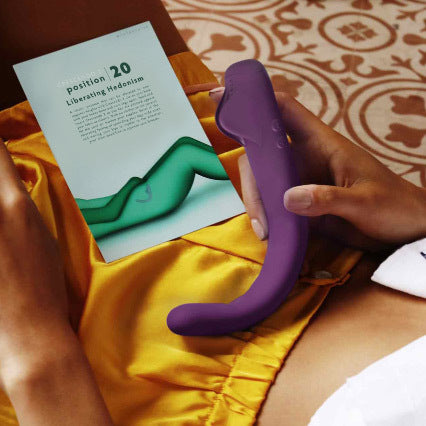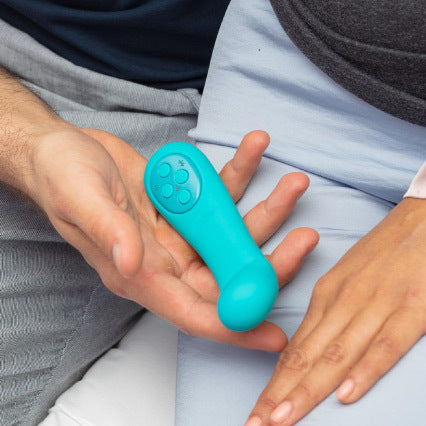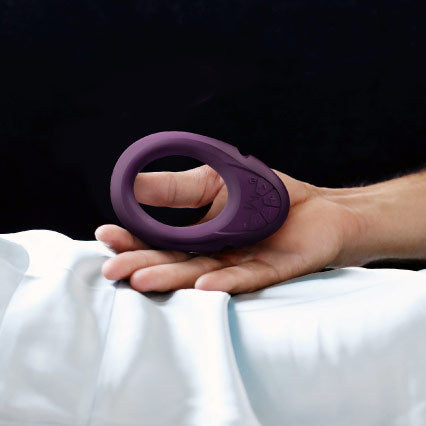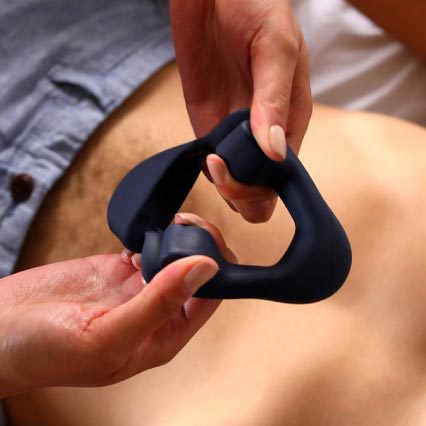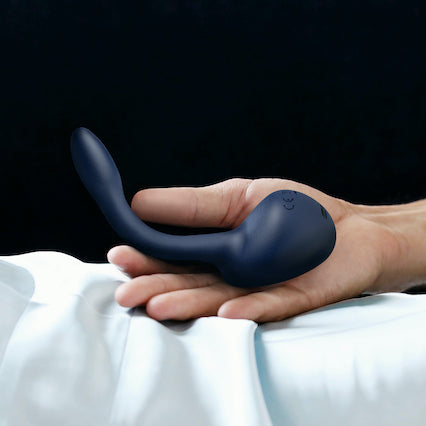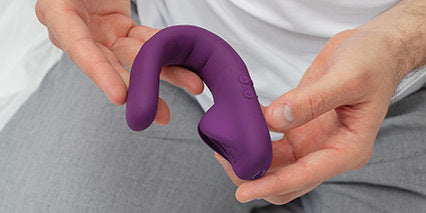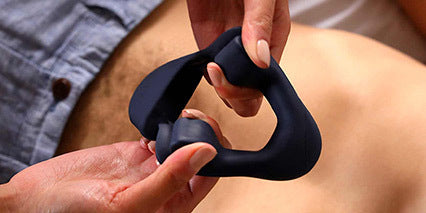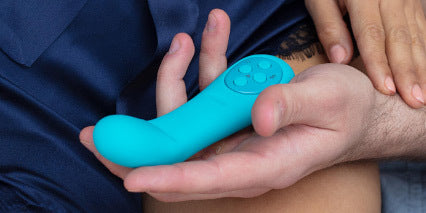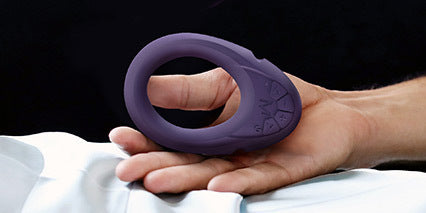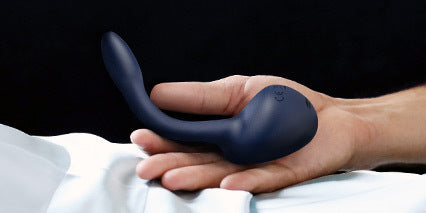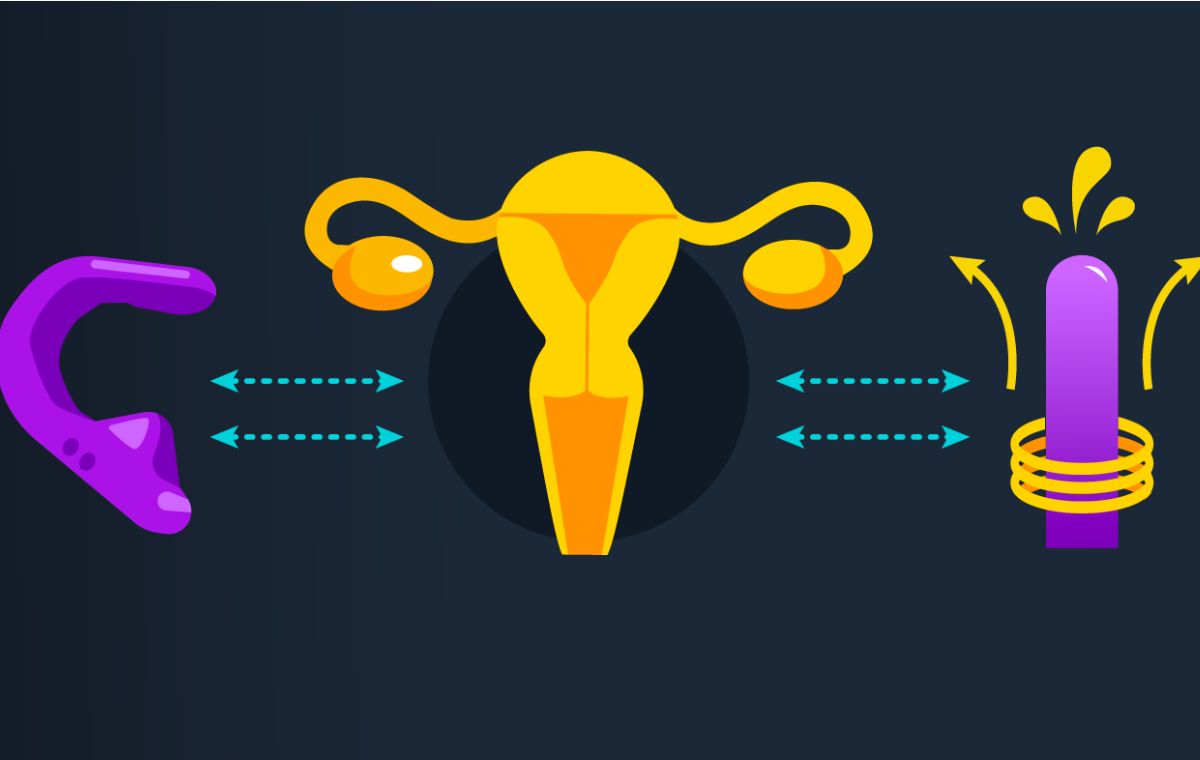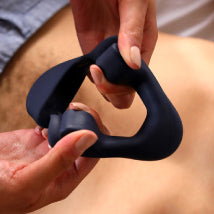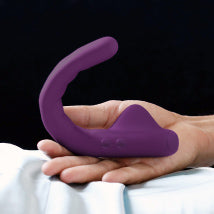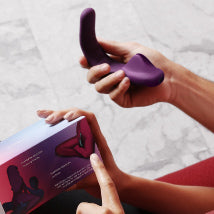Is your vagina ‘too tight’? Are you finding it uncomfortable during intercourse or even using tampons? There are many reasons you may be experiencing discomfort due to a tight vagina and finding out what the reason is the first step to alleviating your discomfort. Millions of women around the world at some point during their life suffer from a vaginal canal that feels too tight for pleasure and health checkups. This causes problems not only in your sex life but also for your health as many women avoid pap smears and pelvic exams.
This is because of the physical and mental changes that happen. The good news is that in a lot of cases the vagina can be trained to relax, loosen, and be penetrated using dilators and exercises. And you no longer have to put up with a dry and uncomfortably tight vagina.
Here are 8 common reasons for a tight vagina:
1. Lack of lubrication
Feelings of tightness can be caused by a severe lack of lubrication. This vaginal dryness could be due to a handful of reasons including lack of arousal and hormonal changes. However, just because you aren’t getting enough natural lubrication doesn’t mean you need to let it hinder your sex life. Instead, try purchasing good-quality lube to help improve sensation and wetness for more pleasurable penetrative sex.
Another way to improve natural lubrication is by using sex toys, the vibration technology is known to improve lubrication and orgasm through arousal. By using a bendable vibrator such as Crescendo you can target vibrations exactly where you want them to improve blood circulation, avoid any painful spots, and turn yourself on for more pleasure than ever before.

2. Douching
Your vagina is a self-cleaning machine, and using cleaning products and douching can upset this natural pH balance. A healthy vagina has good and bad bacteria which helps maintain the acidic environment that protects your vagina. By using harsh cleaning products you can strip your vagina of all the good bits. And if you are regularly using these products they can lead to irritation and dryness which in turn causes your vagina to feel tight.
3. Stress
Everyone knows stress can affect your libido and how you feel about yourself but did you also know it can translate itself into the bedroom? If you are feeling a little more uptight than usual your vagina might also be feeling that way. To combat life’s stressors take some time to unwind and try not to get yourself worked up about the problem. Understandably this is easier said than done, but if you take the time to focus on yourself through meditation or therapy you may find your vagina loosening up a little.
4. Treatments
For women who have undergone treatment for cervical cancer, pelvic radiation can inflame and irritate the vaginal tissue as it is killing the cancer cells. This can lead to scarring which may shorten and narrow the vagina making sexual activity painful.
Whilst quite often antidepressants can have a list of side effects centered around effects on sexual health to include lower libido, reduced sensitivity, and vaginal dryness. This is on a case-by-case basis, and it is best to consult with your doctor regarding any side effects you are having before making any decisions. In the meantime, there are a few ways to boost your sex drive whilst on antidepressants.
5. Vaginismus
This is an extremely common condition in which involuntary spasms occur prior to penetration. This could be before inserting a tampon, during a medical examination, or before sex. The causes for the development of vaginismus are plenty with psychological factors being the most common root cause, however, it is easy to diagnose and treat. Vibration stimulation is one recommended way to treat vaginismus, which you can manage yourself with a vibrator that allows you to target vibrations to help stimulate blood flow and lubrication.
6. Post-childbirth changes
Natural childbirth can result in injury via tearing which understandably can result in both scar tissue and changes in elasticity and sensitivity of the vaginal canal. The fluctuations in hormone levels after childbirth such as for women who choose to breastfeed can also cause tightness.
7. Trauma
Any trauma can hold itself in your body, and consensual sexual encounters can become very stressful and overwhelming. This fight or flight mechanism could cause involuntary tightening of the vaginal muscles leading to painful intercourse or an ability to achieve penetration.
8. Menopause
One of the common menopause symptoms is vaginal atrophy because of the fall in estrogen levels this usually means symptoms such as reduced vaginal elasticity, dryness, and thinning of vaginal tissue. This change in hormone levels can cause a tighter opening and make intercourse uncomfortable, however gentle vibration stimulation has been proven to improve genital sensation and lubrication. This means by regularly using a vibrator such as Crescendo whose bendable design helps ease menopausal symptoms so you can get your sex life back on track in no time.
If vaginal tightness is persistent you should see a women’s health specialist such as a doctor or gynecologist, where they will be able to provide answers and treatments such as vaginal dilators and pelvic floor exercises.
If you are experiencing discomfort during penetration check out MysteryVibes Crescendo the bendable, smart-vibrator to help you ease symptoms and get your sex life back on track!

